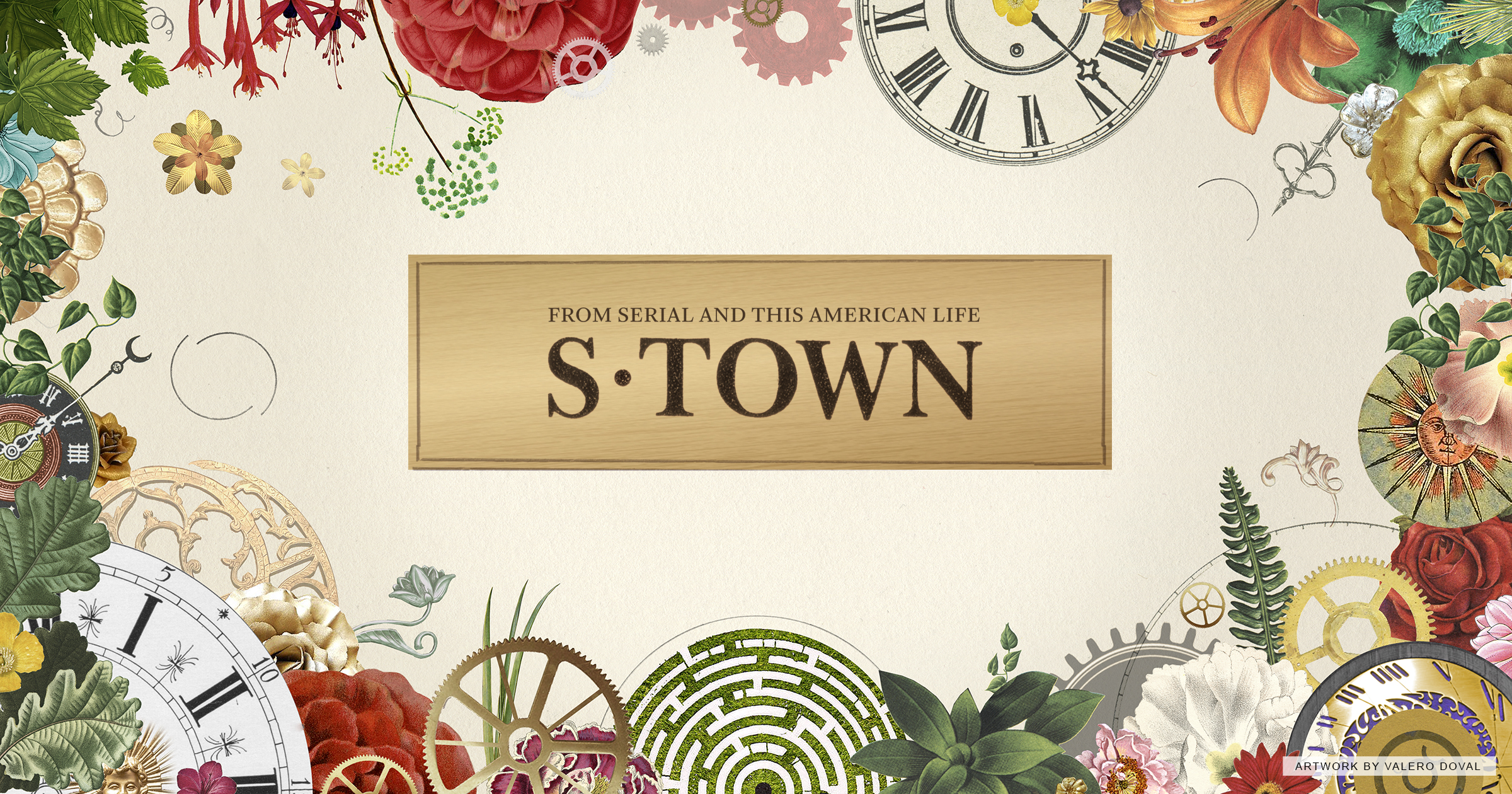If you haven’t listened to an entire podcasts series in a single day, you haven’t lived.
That is the conclusion I’ve come to after binging “S-Town,” the critically acclaimed narrative podcast brought to you by the creators of “This American Life” and “Serial.” Unlike its predecessors, all seven episodes were released simultaneously on Tuesday, April 4, a first for a podcast of this magnitude.
The Netflix-style release was prompted by the fact that producers consider the story to be “more like a novel” and “the kind of thing you want to approach at your own pace.” For many viewers, that pace has been furious — often amounting to all at once.
According to the New York Times, episodes of the hit podcast have been downloaded 16 million times in its first week. That is a staggering amount — by comparison, as the Times notes, it took the first season of “Serial” eight weeks to hit that same number.
But is “S-Town” really worth five hours, five minutes and 15 seconds of your life?
The short answer: yes.
“S-Town” stands as nothing short of a master class in audio journalism and is unlike anything I’ve ever heard.
If you haven’t figured it out by now, “S-Town” is short for “Shit Town.” That’s how John B. McLemore, a lifelong resident of Woodstock, Alabama, refers to his hometown. According to him, it’s one of the child molester capitals of the state, a center of police corruption and home to an overwhelming amount of racism.
McLemore is the kind of guy that loves to talk — he’s also the kind of guy that can talk circles around anyone. At any moment you might hear him rant about “astrolabes, sundials, projective geometry, new age music or climate change” in his distinct southern drawl.
Ten minutes in and you’re left wondering whether he’s delusional or brilliant. An eccentric genius, perhaps?
Our story starts with McLemore contacting Brian Reed, a senior producer for “This American Life,” about a potential murder that he thinks may have gotten swept under the rug. Kabram Burt, the son of a wealthy family that has been a major player in the town for generations, is rumored to have beaten a man to death and gotten away with it.
The initial narrative frames itself as a classic whodunit story that falls cleanly within the true-crime genre. What it morphs into, however, is dramatically more powerful.
Over the course of seven chapters, “S-Town” treats its viewers to an evolving character study of those that inhabit a rural town in a forgotten part of the nation. The story is complex and richly layered with details — it involves treasure hunts, fierce rivalries and mystery after mystery.
The story arch is anything but predictable and will keep you guessing again and again. Reed’s skill as a narrator, a storyteller and as a reporter can’t be oversold.
His steady, sometimes nervous voice contrasts nicely with the deep southern confidence found throughout. His ability to juggle multiple narrative threads seamlessly in a way that allows them to feel connected is impressive. His thoroughness as a journalist is, well, thorough — perhaps even a bit too much, at times.
From an ethical perspective, the podcast presents several challenges that will surely be a topic of discussion for debates in the coming months. Some have argued that the piece is invasive and violates the privacy of some of its subjects. One writer, Aja Romano of Vox, even went so far as stating that the podcast should never have been made.
While “S-Town” has its critics, it has far more people showering it with heaps of praise and accolades. Several notable journalists have already declared it as being better than “Serial.” Some are hailing it as the best narrative podcast of all-time. Still, others say that it is changing the industry.
For me, all of this is true and more.
“A Rose For Emily” by the Zombies plays at the end of every episode. The song takes its title from the southern gothic short story by William Faulkner of the same name. Both the song and the story are hauntingly beautiful.
Every time I heard it play my stomach sunk: “No, don’t stop there,” I thought. “There has to be more!” Hearing it for the final time was an emotional rollercoaster. The story is the kind that can make you laugh and cry just minutes apart.
I never wanted it to end.
No one knows if there will be a second season or if any spin-offs will follow. All we know is that we have seven episodes to explore the lives and secrets of Woodstock, Alabama. Seven magical episodes that will take you on a journey that you’re not likely to forget anytime soon.
Next time, in between binge-watching “Orange is the New Black,” consider binge-listening to a podcast. You won’t regret it.
Header photo courtesy of Serial Productions



